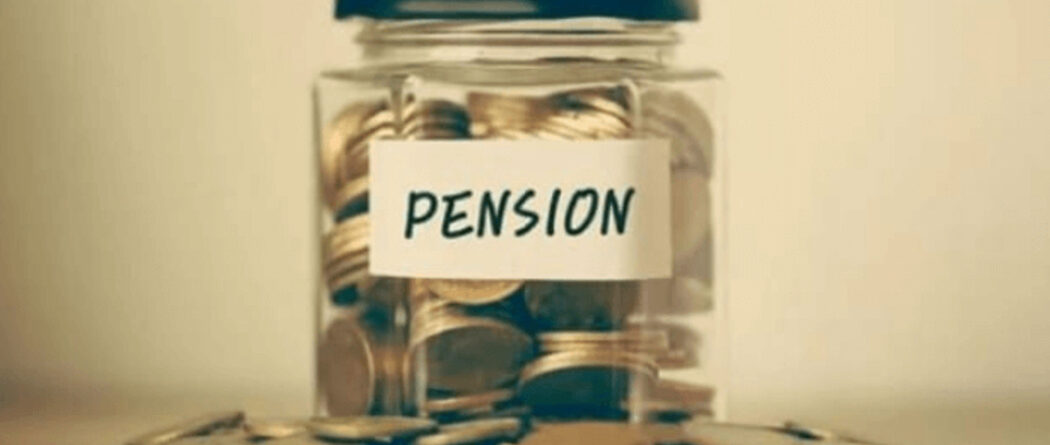U.S. $7T Retirement Crisis Is Only Getting Worse
Americans have been warned for years of an impending retirement crisis. Yet the situation is getting worse.
Even when everything was going right — inflation was nonexistent, interest rates were low and stocks were in an extended bull market — there was a multi-trillion dollar savings shortfall.
Then came a pandemic, war in Europe, decades-high inflation, the fastest rate-hiking cycle since the early 1980s and fears of a recession. The resulting market turmoil erased some $3.4 trillion from 401(k)s and IRAs in the first half of 2022, according to Alicia Munnell, director of Boston College’s Center for Retirement Research.
And that’s just for the people who have retirement accounts. About half of private-sector workers don’t have an employer-sponsored retirement plan, and many of those who do end up saving very little.
It’s a problem that isn’t easily fixed, and contributes to the sense that the American Dream is in decline. And while surging inflation and volatile markets are bad news for people in or nearing retirement, the picture may be even worse for young Americans who are priced out of the housing market, struggling to build wealth and buried under mountains of student-loan debt.
Read more @wealthmanagement
327 views










